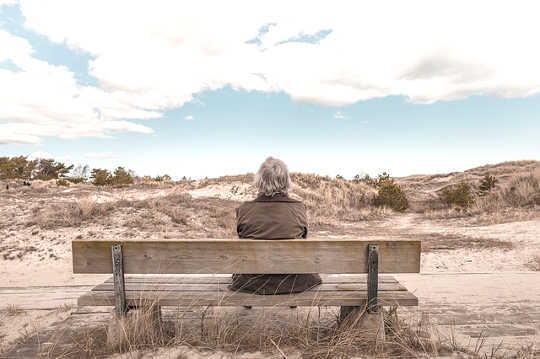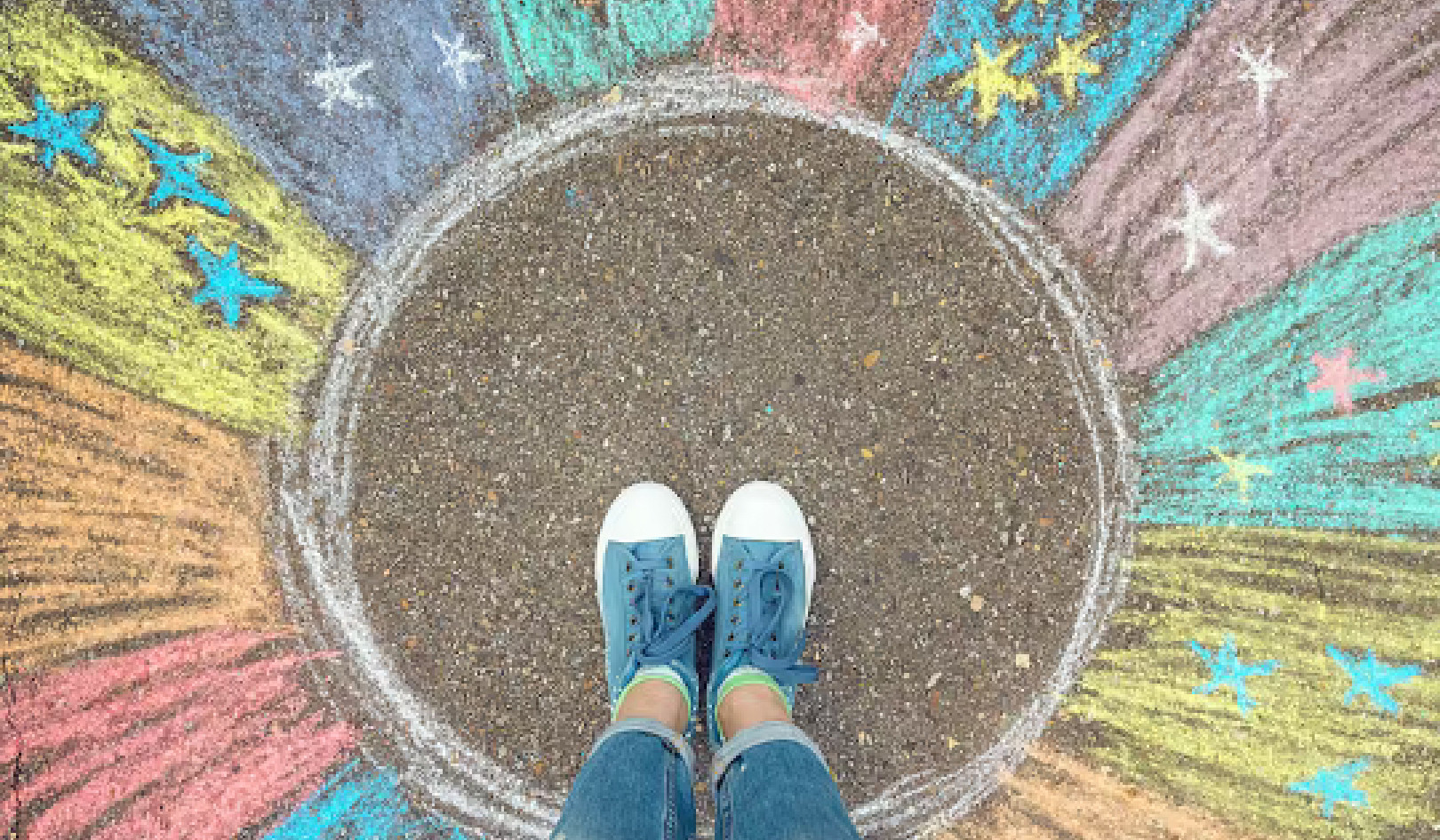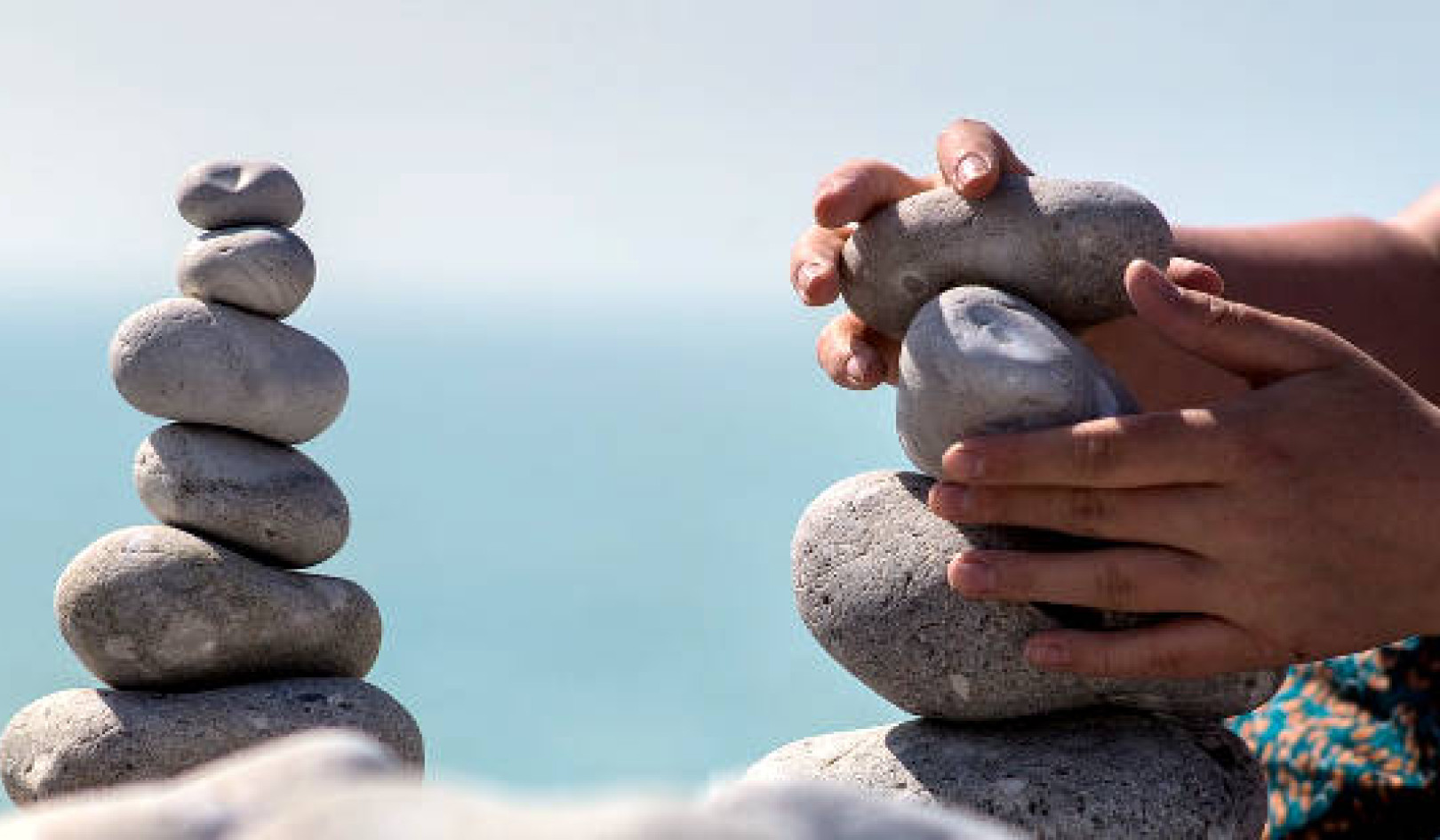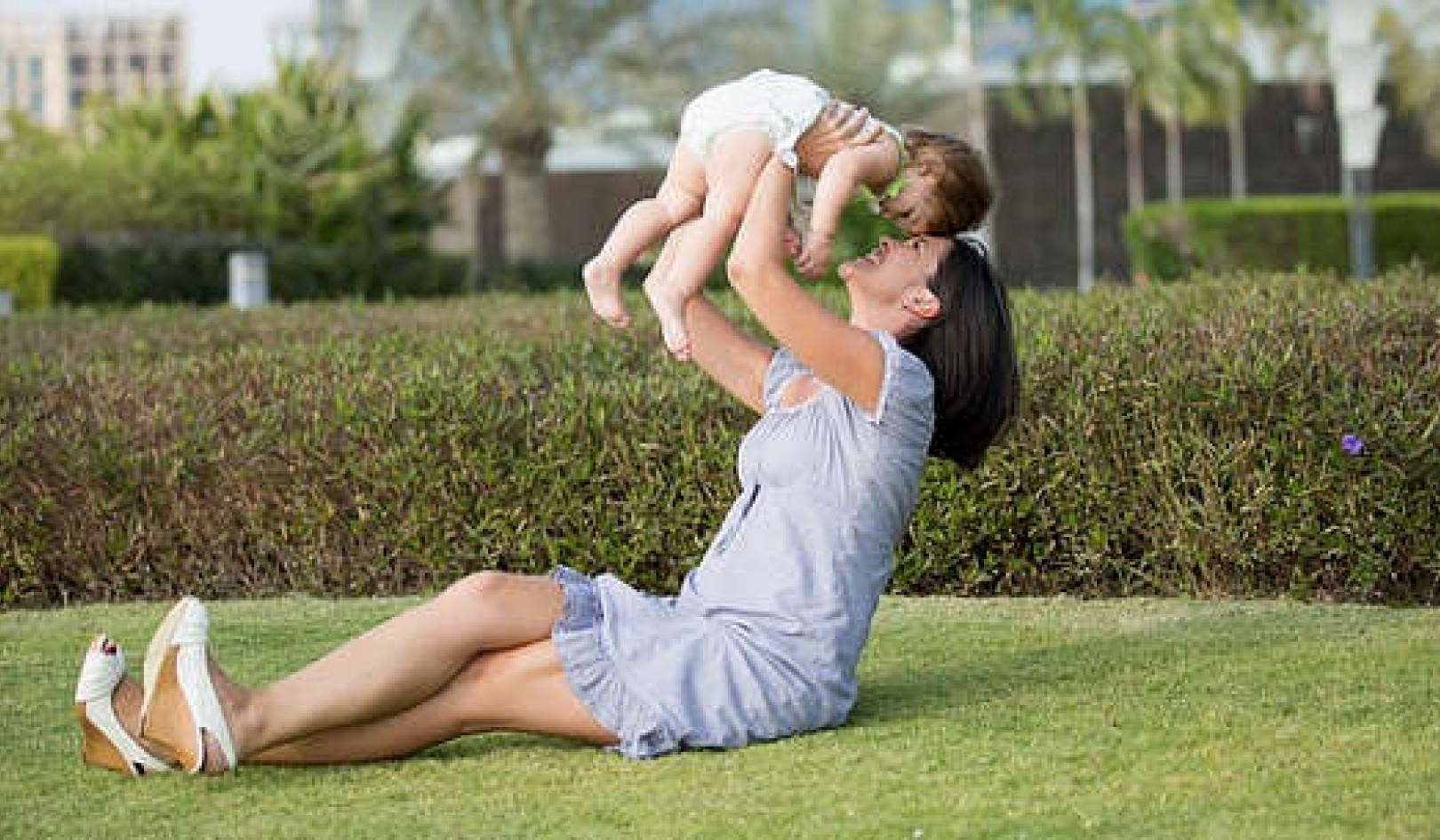
Image by Free-Photos
The question of what makes a mature adult has many answers. A woman might say, “Having gone through the miracle and agony of childbirth and survived.” People in war zones, places of drought and famine, or refugee camps might concur that knowing how to survive in extreme circumstances has made their children into premature adults, as exhaustion, danger and death loom on a daily basis and still they must find ways to continue.
In other circumstances, the answer might be, “stepping into the lineage of our ancestors. It is through their wisdom and cunning that we are here in the first place, so we must honour our past and uphold their ways.”
A third viewpoint is, “Life is a jungle, and we each need to look out for our own, whatever it takes.”
Adherence to the law is yet another reply, overcoming youthful rebellion and becoming responsible citizens who conscientiously go about our work, raise our family, vote, and pay our dues.
Another is, “Someone who is smart enough to create opportunities, forge strategic alliances, and scale up to reap the benefits and enjoy life to the max.”
Those who have woken up to the plight of the planet might say, “Mature adults see themselves as part of a global community and are conscious of the consequences of their actions on the planet.”
Another category of answers comes from those who possess what is called “a whole-systems view”. Their interpretation is that a mature adult isn’t necessarily for or against anything or anyone but will equally favour interventions that foster wellbeing for people and planet, ecology, and economy.
Then there are those who experience themselves as an integral part of the cosmos. They will view a mature adult as someone who regards their own personality as an instrument to be toned, so it can be used for the benefit of the whole.
Each answer is an adequate and potentially wise response to the life circumstances we find ourselves in and the period in our lives. As teenagers we might rebel and reject the ways of our family. Leaving home is a necessary step on the way to adulthood. We may live it up in these unruly years, during which we find out who we are outside of the confines of parental supervision. At some point, as a rule, we cool down, find a job and muster the interest or discipline to be on time and shoulder our responsibilities.
Parenting: A Fast Track Towards Adulthood
With decisions to make every day, small and big, of momentary and far-reaching consequence, people who become parents put themselves on a fast track towards adulthood. They are responsible for the life of a little one now and so they move up in the ranks of generations. They pick a name that will define a child throughout their life, they pick a school that will help their child unfold their potential, and they pick a place to live. They determine whether to be punitive or permissive and will have to hold the line, because granting one of their brood a favour will have repercussions in the rest of the tribe.
Parents need to learn to hold their tongues and have their chicks find out for themselves if what they are about to do is a wise course of action. They will have to sit on their hands and restrain themselves from speeding up a slow child or organizing for them. They will have to remain open to viewpoints debated with a youthful ardour that are not theirs. If they don’t develop some kind of foresight, equanimity, and sagacity, they’ll go bonkers.
Apart from being bundles of joy, children also are testers of patience, askers of questions, and breakers of rules. Parents live in a relentless house of mirrors that reflect their own conditioning and upbringing. Before they know it, admonitions of their own parents they vowed never to repeat are flying out of their mouths uncensored.
Parents are mirrored at work and through advice of friends or criticism from siblings. No one, however, has less mercy than kids. My sister laughs out loud when she tells me how her youngest (who isn’t known for her tact) once looked her up and down, and said, “And you think you’re looking good?” Feedback on the fashion front— something we who do not have a 16-year-old in-house stylist at our disposal have to organize for ourselves. I have asked my nieces to let me know when I am wearing clothes too young for my age, and they have pledged to do so.
Feedback Loops
Apart from fashion advice, we [who have no children] need to organize feedback loops on lots of other terrains, so we don’t become too set in our ways or too unworldly.
We need to keep up with technological innovation without a younger generation at hand who seem to be born with skills we are having a hard time mastering. Feedback comes not only from people but also from systems that change, bus routes no longer in service, banks demanding we conduct our business online, laws that are adapted, and customs that declare values different from the ones we’ve adhered to. If we wish to be wise but not outdated, we must keep innovating and reinventing ourselves and not try to hold onto what once was the norm.
We who have declined parenthood, or to whom this has not been given, need to organize mirrors for ourselves in order to fine-tune the instrument of our personality and develop our sapience. Whereas parents embark on the training that not their will but the baby’s will be done the minute their little one is born, we must identify other ways to learn to go with the flow.
Whereas parents need to practise standing in their authority when their precious ones test the boundaries again and again and again, we will find our own training grounds at work, in personal development courses, a spiritual practice, or participating in sports that test our limits or improv theatre that requires us to leave our comfort zone.
Whereas parents are forced to be authentic, since their children will just make fun of them if they aren’t, we peel the onion of acquired beliefs and behaviours to come to the core of our being through self-reflection.
Maybe it is this quality of self-reflection that stands out most in how we develop into mature, authentic, and wise beings in the autumn of our childfree lives. We who have fewer living mirrors in the house have more time on our hands to devote to a conscious path of self-discovery and self-development.
©2019 by Lisette Schuitemaker. All Rights Reserved.
Publisher: Findhorn Press, an imprint of
Inner Traditions Intl. www.innertraditions.com
Article Source
Childless Living: The Joys and Challenges of Life without Children
by Lisette Schuitemaker This book is for everyone who has not gone the way of parenthood, who has close family or friends who lead self-directed lives without offspring, and for all those who are still contemplating this essential life choice. The stories in this book also testify that not having children of your own in no way means the joys (and trials) of children pass you by altogether. This book shows that it is ok to celebrate not only the parenting way of life and the children who come to those who love them, but also those who are brave enough to follow the lesser known path of non-parenting. (Also available as an Audiobook and as a Kindle edition.)
This book is for everyone who has not gone the way of parenthood, who has close family or friends who lead self-directed lives without offspring, and for all those who are still contemplating this essential life choice. The stories in this book also testify that not having children of your own in no way means the joys (and trials) of children pass you by altogether. This book shows that it is ok to celebrate not only the parenting way of life and the children who come to those who love them, but also those who are brave enough to follow the lesser known path of non-parenting. (Also available as an Audiobook and as a Kindle edition.)
About the Author
 Lisette Schuitemaker founded, ran, and sold a communications company before becoming a healer, life coach, and personal development author. She studied the work of Wilhelm Reich as part of obtaining her BSc in Brennan Healing Science. She is the author of The Childhood Conclusions Fix and Childless Living and co-author of The Eldest Daughter Effect. Lisette lives and works in Amsterdam, Netherlands.
Lisette Schuitemaker founded, ran, and sold a communications company before becoming a healer, life coach, and personal development author. She studied the work of Wilhelm Reich as part of obtaining her BSc in Brennan Healing Science. She is the author of The Childhood Conclusions Fix and Childless Living and co-author of The Eldest Daughter Effect. Lisette lives and works in Amsterdam, Netherlands.
























